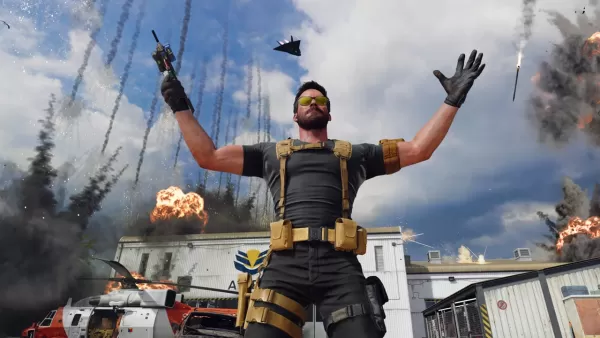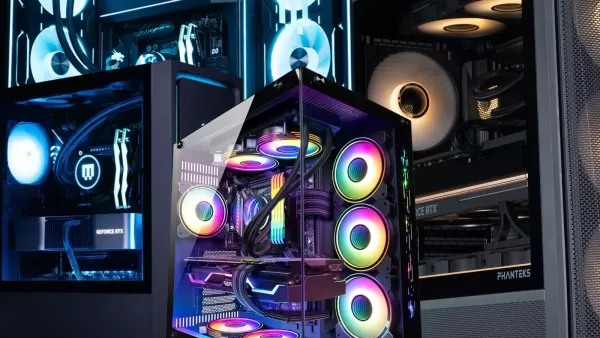The Screen Actors Guild - American Federation of Television and Radio Artists (SAG-AFTRA) has provided a significant update to its members regarding ongoing negotiations over AI protections for video game actors. Despite some progress, the guild remains "frustratingly far apart" from the industry bargaining group, which includes major AAA gaming companies, on several crucial issues.
A comparative chart released by SAG-AFTRA highlights the discrepancies between their proposals and those of the bargaining group. Key unresolved issues include:
- Protection from Digital Replica or Generative AI Use: SAG-AFTRA seeks protection for all work, whereas the bargaining group limits it to work post-agreement.
- Definition of "Digital Replica": SAG-AFTRA proposes including any performance identifiable to a performer, while the bargaining group suggests "objectively identifiable," potentially excluding many performances.
- Inclusion of Movement Performers: SAG-AFTRA wants to include these performers in the AI agreement.
- Terminology for AI-Generated Performances: SAG-AFTRA prefers "real-time generation," while the bargaining group uses "procedural generation," which has a different connotation in gaming.
- Disclosure Requirements: SAG-AFTRA insists on disclosures about voice blending for digital replicas and the use of voices in real-time chatbots versus scripted dialogue.
- Consent During Strikes: SAG-AFTRA's proposal allows for withdrawing consent during strikes, but employers wish to continue using digital replicas.
- Duration of Consent for Real-Time Generation: SAG-AFTRA proposes a five-year limit, while the bargaining group seeks unlimited consent.
- Compensation for Digital Replica Use: Disagreements persist on minimum payments, though tentative agreements have been reached on bonus calculations.
- Bonus Rights for Employers: The bargaining group proposes terms similar to the SAG-AFTRA TV/Film agreement, which SAG-AFTRA finds too broad.
- Tracking Digital Replica Use: SAG-AFTRA seeks a system to ensure fair compensation, which the bargaining group deems infeasible.
- Regulation of Synthetic Performers: Specific definitions and regulations for AI-generated characters remain contentious.
Despite these differences, both parties have tentatively agreed on several other issues, including bonus pay, dispute resolution, minimum compensation elements, consent requirements, and certain disclosures.
SAG-AFTRA's national executive director and chief negotiator, Duncan Crabtree-Ireland, expressed concern in a letter to members about the bargaining employers misrepresenting the closeness of a deal. He highlighted the pressure on employers due to the ongoing strike and warned members against taking roles that could undermine the strike and expose them to AI misuse risks.
In response, Audrey Cooling, spokesperson for the video game industry bargaining group, stated that they have proposed significant wage increases, enhanced health and safety protections, and industry-leading terms for AI digital replicas, expressing eagerness to return to negotiations.
The SAG-AFTRA video game strike, now in its eighth month, was triggered by disagreements over AI provisions, despite agreements on 24 out of 25 other contract proposals. The impact of the strike is becoming increasingly visible in games like Destiny 2 and World of Warcraft, where some NPCs are left unvoiced. Recent incidents include SAG-AFTRA striking League of Legends, Activision recasting characters in Call of Duty: Black Ops 6, and two Zenless Zone Zero voice actors discovering their replacement via patch notes.








